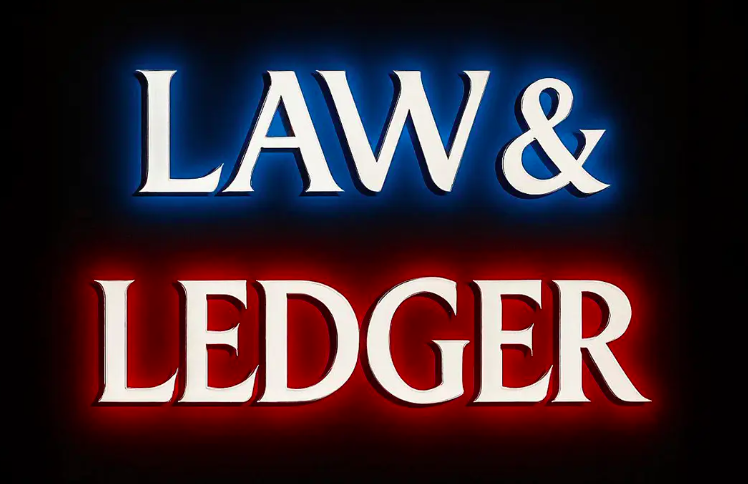




Polymarket Set to Relaunch in the U.S.
In a significant update for prediction markets, Polymarket has successfully obtained the necessary approval to relaunch in the U.S., marking the end of a three-year break that followed a 2022 settlement with the CFTC regarding unregistered derivatives trading. This approval is contingent upon its $112 million acquisition of QCEX, which includes QCX LLC and QC Clearing LLC, both of which are licensed by the CFTC as a contract market and clearinghouse, and have recently received the CFTC's endorsement.
On September 3, 2025, the U.S. Commodity Futures Trading Commission (CFTC) issued a specific no-action letter (Staff Letter No. 9113-25), providing QCX LLC and QC Clearing LLC with relief from swap data reporting and recordkeeping obligations for “event contracts.”
The letter specifies that, under certain conditions, the CFTC will refrain from recommending enforcement actions against QCX LLC or QC Clearing LLC for failing to comply with specific swap-related data and recordkeeping requirements. This relief is restricted to transactions conducted under QCX’s regulations and cleared through QC Clearing, adhering to established precedents but limited to a specific regulatory framework.
The CFTC’s no-action letter, along with Polymarket’s acquisition of QCEX, establishes a crucial regulatory benchmark. Instead of seeking approval as a new player, Polymarket has adeptly maneuvered through U.S. derivatives law by acquiring an already licensed contract market and clearinghouse, subsequently utilizing targeted regulatory relief. This approach illustrates that the compliance challenges within the prediction market sector can be overcome if companies are prepared to blend innovative structuring with proactive engagement from regulators.
Equally important is the implication this has for the credibility of prediction markets themselves. Once considered to be operating in a regulatory gray area, these markets are increasingly being acknowledged as legitimate financial instruments in their own right.
Proponents claim that prediction markets can deliver more precise, real-time insights compared to traditional polling methods, with some even asserting that their informational worth is comparable to that of equities markets. The CFTC’s readiness to develop a compliance framework for event contracts, instead of outright banning them, signals a clear shift towards acceptance.
This development also has political implications. The re-emergence of Polymarket aligns with the involvement of 1789 Capital, which is supported by Donald Trump Jr., and comes on the heels of the discreet conclusion of previous DOJ and CFTC investigations. Whether this is mere coincidence or not, the timing has sparked conversations about how political influence might either foster or hinder innovation within the financial industry. This issue is expected to gain more attention as prediction markets become intertwined with elections and other politically charged events.
Importantly, Polymarket’s return heightens competition in a U.S. market that was previously led by Kalshi. Kalshi has already positioned itself as a CFTC-registered designated contract market, providing event contracts that include those related to political outcomes. With Polymarket’s U.S. relaunch, multiple entities will now function under regulatory supervision, fostering a more vibrant—and potentially more innovative—environment for prediction markets.
The combination of the CFTC’s no-action letter and Polymarket’s acquisition of QCEX signifies a pivotal moment for prediction markets. Although it does not serve as a blanket approval, the regulatory flexibility provides a viable route for these platforms to operate legally within U.S. derivatives regulations.
Polymarket’s CEO, Shayne Coplan, publicly confirmed the platform’s “green light” to restart U.S. operations, commending the CFTC for their “impressive work” and “record timing.”
